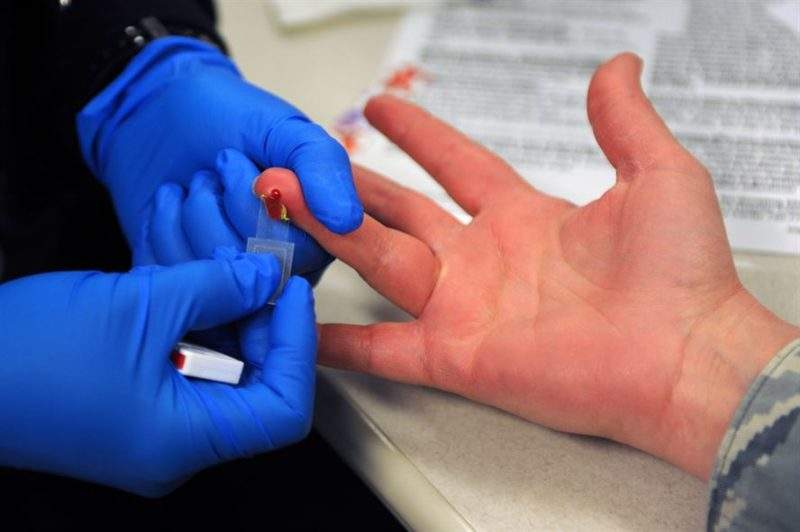
DARPA has launched a programme to build a portable device that can quickly establish exposure to deadly materials by reading someone’s epigenome, the body’s biological ‘record keeper’.
The Epigenetic Characterisation and Observation (ECHO) programme aims to use the technology to identify signatures that indicate exposure to materials associated with weapons of mass destruction (WMD).
DNA, which makes up the human genome, does not change over a single lifetime. The epigenome, however, is a multitude of chemical compounds that can tell the genome what to do. When these compounds attach and modify DNA’s function, they are said to have ‘marked’ the genome.
It is this epigenomic marking that the ECHO programme aims to read. Though these modifications register within seconds to minutes, they imprint the epigenome for decades, leaving a time-stamped biography of an individual’s exposures that is difficult to deliberately alter and remains for decades.
Whereas current forensic technologies can only detect the immediate presence of contaminants, the envisioned ECHO technology would read someone’s epigenome, via a finger prick or nasal swab, to reveal exposure even when other physical evidence has been destroyed.
Researchers also aim to create a portable device to read the epigenome within 30 minutes whilst in the field, as opposed to traditional forensic techniques that can take days to return from the lab.
“We hope that with the capabilities developed within ECHO, someone in the field will immediately know if a suspected adversary has handled or been exposed to threat agents,” said Eric Van Gieson, the ECHO program manager.
“The same technology could also serve as a diagnostic tool for our own troops, to diagnose infectious disease or reveal exposure to threat agents, so that medical countermeasures can be applied in time to make a difference.”
ECHO researchers have two primary challenges in the four-year programme: to identify and discriminate epigenetic signatures created by exposure to threat agents, and to create technology that performs highly specific forensic and diagnostic analyses to reveal the exact type and time of exposure.
While ECHO’s focus is specifically on diminishing the threat posed by WMD and improving diagnostics for troops who may have been exposed, the intrusive nature of the technology raises privacy concerns.
To address this, DARPA claims they intend to ‘proactively engage with several independent ethical and legal experts to help inform the Agency’s research plans, think through potential issues, and foster broader dialogue in the scientific community on social implications.’



